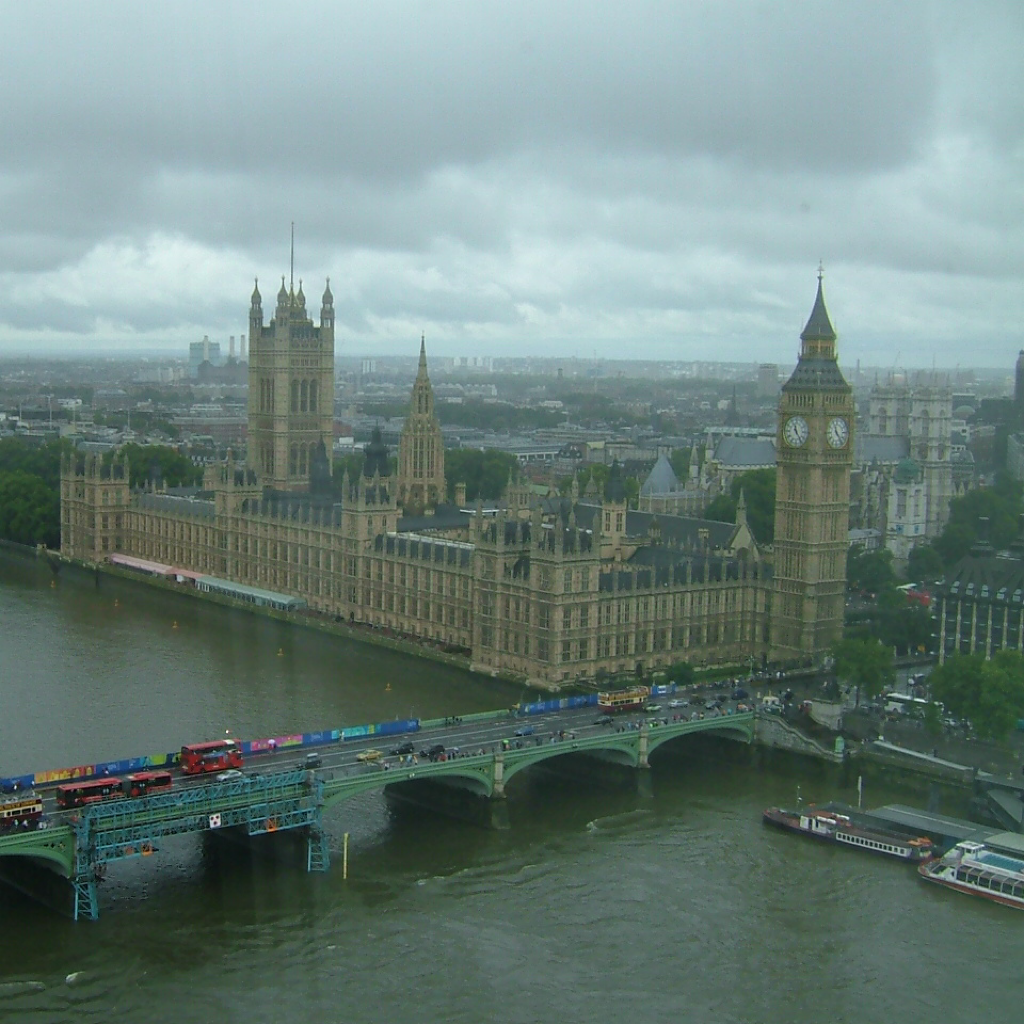Who is the Boss?
Who is the Boss?
Game theory. Simulation with Decision Theory was my favourite topic at university. I was fascinated by how much could be done in the time of a few hundred Mhz Intel processors. I built stock exchange simulators, I created artificial economic depressions and inflation.
I eventually learned from these simulations that combining periods of monetary and fiscal policies after each other have the best growth potential. Guess what democracies do with many people making decisions? They switch governments to change policies, when investment is too big or too small. Many long term leaders became rather great actors and negotiators, who can give up their strategies. They had to become flexible over time to stay in the office.
Do you need hierarchy and how big it should be? This was the question of the Twentieth century.

Copyright© Miklos Szegedi, 2007.
The answer is simple. Take a town of a thousand people. Let them build their own economy. They will talk to each other, they will learn, and they build Adam Smith’s perfect economy.
There is one single case, when that does not work. It is when they do not have enough time to communicate, and learn. A hurricane is coming, they need to hurry. It is wartime, they need to build as many cannons as soon as possible. Pandemic is there, they need to make vaccines fast.
Hierarchy and structure is required, when it is not the long term domestic product, but minimizing the short term loss is the goal. They do not have time.
There is a wonderful art of architecture that explains this in picture. It is the Big Ben in London, the capital of a constitutional monarchy. It is attached to the Parliament, the symbol of democracy. Still, there is a big single clock tower, analogous to the Queen or King and the Prime Minister that represents them, that sets the timing. Projects like wars require timing and deadlines. It is even more interesting that the British Prime Minister has much more power setting the time of the elections compared to the United States. They can set to the time, when the project they signed up for is done.
Pick another country, the almost thousand year old Republic of Switzerland. It was founded as an alliance against the Habsburg Monarchy. Guess what, a symbol of equality is represented by one of the most famous products of that country, the watches. All of them can have their own watches, so that they can synchronize. Probably they used to be slower still without hierarchy, so they rarely get into wars and stay neutral.
Hierarchy allows fewer choices, decentralization requires more empathy to build products like the watches that align so well with the taste of their buyers. History has mixed countries since then of course. The analogies are still interesting though.
Hierarchy is required, if there is time pressure. A single boss has two characteristics. They are responsible for the completion of a project on time. They can hire and fire as a result within the scope of their organization to reach this goal. They have power, and you have the freedom to leave, and choose another job.
Free markets and lots of communication is needed, when the long term throughput is at stake. Should you have enough time, you can build and train a team of completely incompatible people.
Communication is the key to democracies as a result. Freedom of speech is the primary condition to an effective distributed system. The most performing distributed stock exchanges are famous for their speed of trade, and enforcement of accurate information.
What made the Spanish Flu dangerous hundred years ago, is not just the virus. It was that it spread faster than the word that explains how to treat it effectively. People got sick, before they got the papers and books that explain it. The papers probably made the pandemic worse by everybody touching them.
Should we need a powerful World Health Organization to control such a pandemic? This is a common question. The answer is probably yes, but it is not the authority but the effective communication of the Internet that made the Coronavirus pandemic a bit less lethal especially compared to the global population. Authority is still important to carry out quick research of vaccines. Communication through the internet helped with lockdown policies, work from home examples, and ways to resolve supply chains compared to a century ago.
The reproduction rate on the other hand depends on locals. You cannot spread the virus to somebody on another continent, you spread it to your neighbour in the elevator. This is why county policies were so effective in the United States to slow down the spread of the virus.
Doctors are important with knowledge studied for long to identify serious cases that need immediate attention in an emergency department. Long term care is handled by a less structured group of passionate medical workers with empathy built over a long time.
The big question of the Cold War was, whether centralization or decentralization is better? The answer is, it depends on the deadline.
